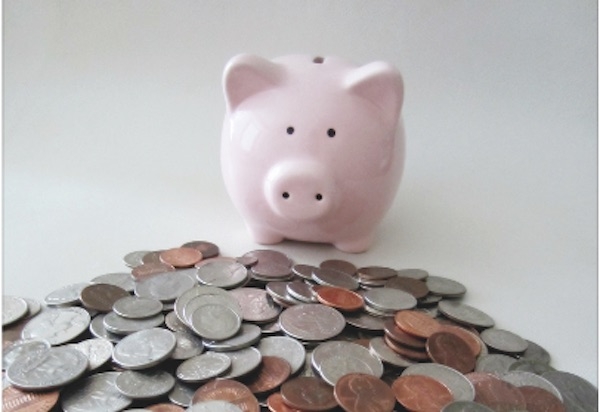New data on the nation’s finances published by the Office for National Statistics today showed that the UK saving ratio now stands at 11.1%, higher than it was before the pandemic.
The saving ratio is the proportion of the household sector's total resources that are available but have not been used for consumption, the ONS said.
It peaked at 27.4% in Apr to June 2020, because people found their spending restricted due to the Coronavirus pandemic.
It fell to 6.6% between April and June 2022, but has since risen steadily to 11.1% by January to March this year.
Holly Tomlinson, Financial Planner at Quilter, said: “The increases coincided with cost-of-living pressures, weak consumer confidence, and slower growth in household consumption.”
Estimates of the total value of excess saving accumulated by UK households since the start of the pandemic range from £143bn to £338bn (7.9% to 18.7% of household annual total resources).
The ONS said: "UK households have been reluctant to spend these accumulated savings, unlike in the US where it has been an important factor in supporting household consumption and economic growth."
Ms Tomlinson said: “The rise in savings owes a great deal to lockdown savings, which many people, particularly those on above-average incomes, are still holding onto. The financial turbulence of the last few years, coupled with the cost-of-living crisis, has persuaded many people to hoard every spare penny, keeping it close to hand in case things got even worse.”
David Pye, client consulting director at consultancy Broadstone, said: “Households are clearly not rushing to spend the excess savings.
“As we appear to be moving towards a more secure economic outlook, it will be interesting to see whether households are able to loosen the purse strings and increase consumption or whether caution rules.”
Nicholas Hyett, investment manager at tax adviser Wealth Club, said people holding onto their savings “has been a drag on the UK economy.”
He said that with consumers staying home the economy has lacked a key driver, potentially explaining some of the UK’s lacklustre growth.
He added: “On the plus side though, it should mean the UK recovery proves quite resilient – since consumers are well positioned to ride out minor fluctuations in the economic weather – while an improvement in consumer confidence could unlock the excess savings and fuel economic growth.”

